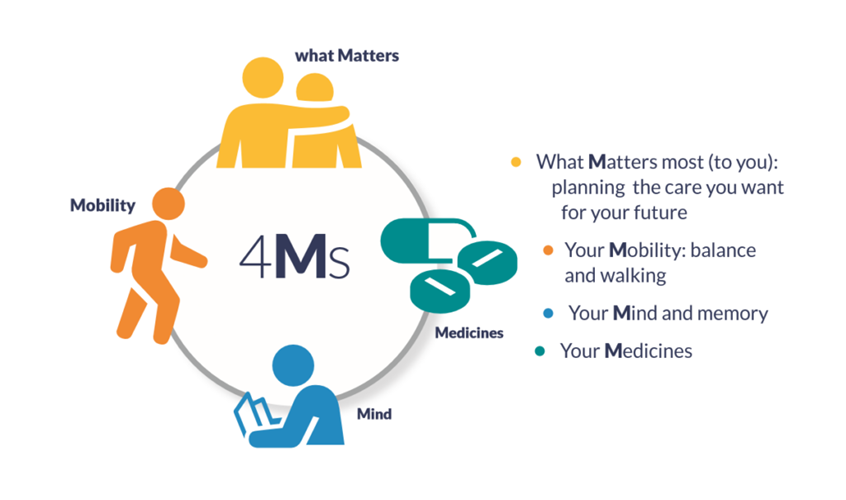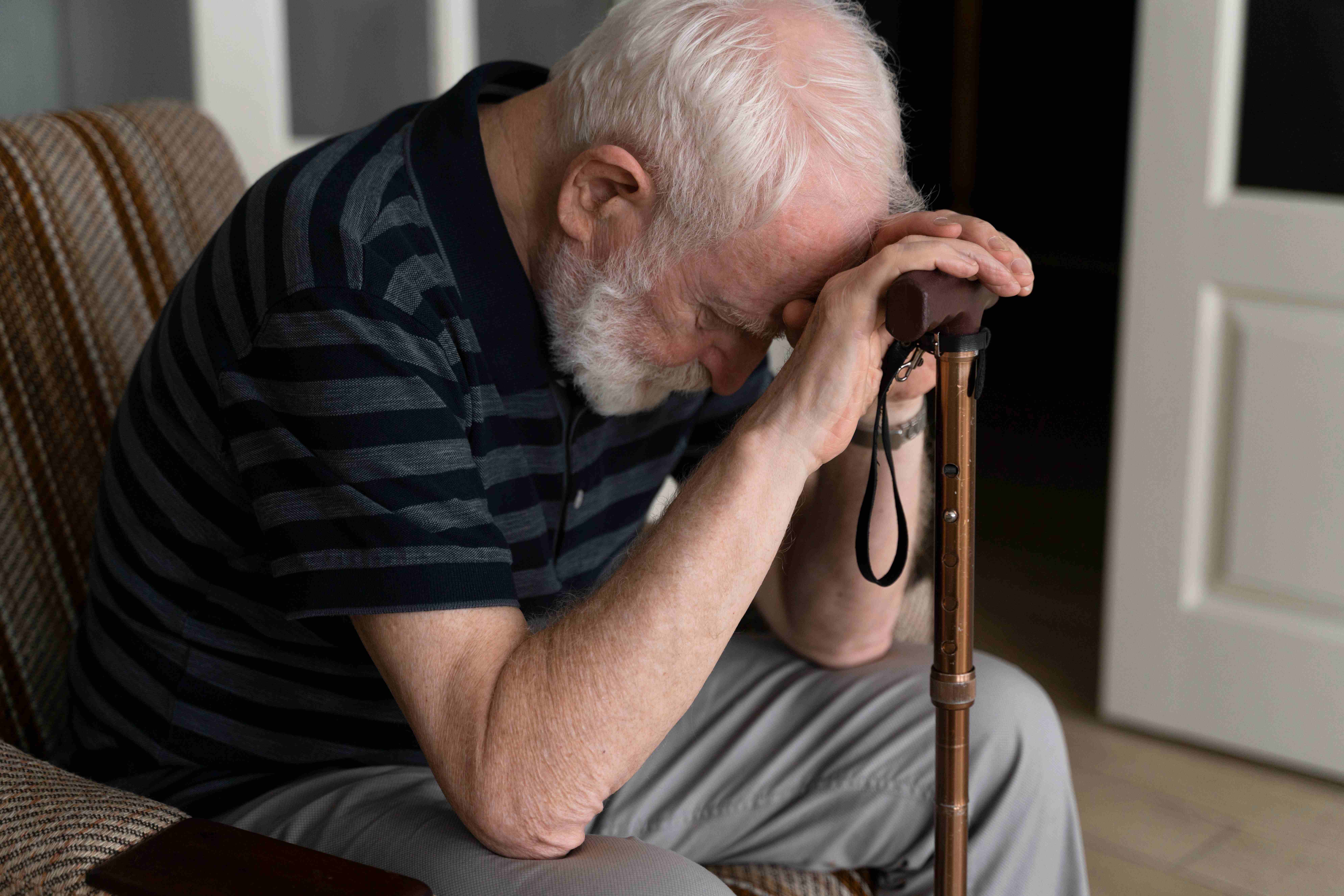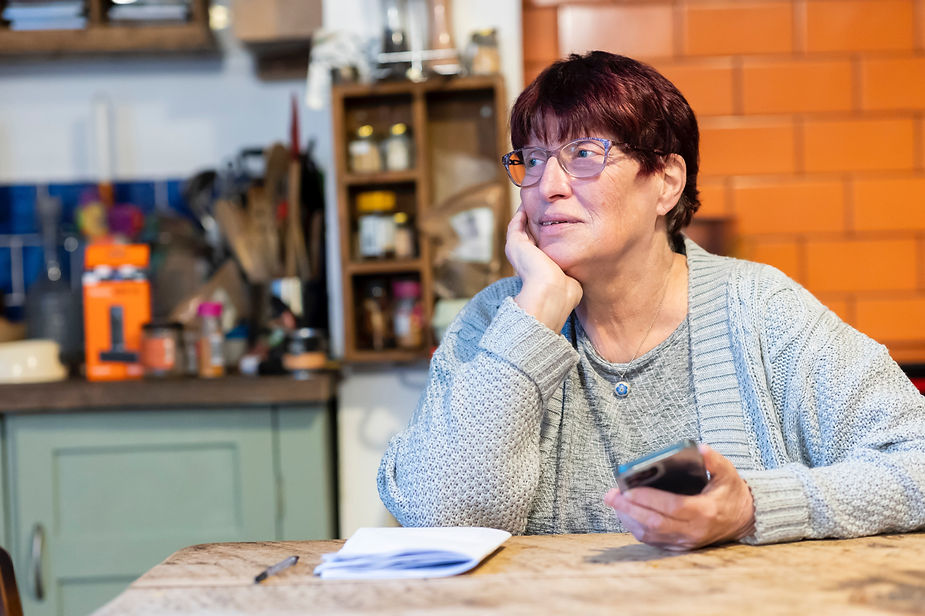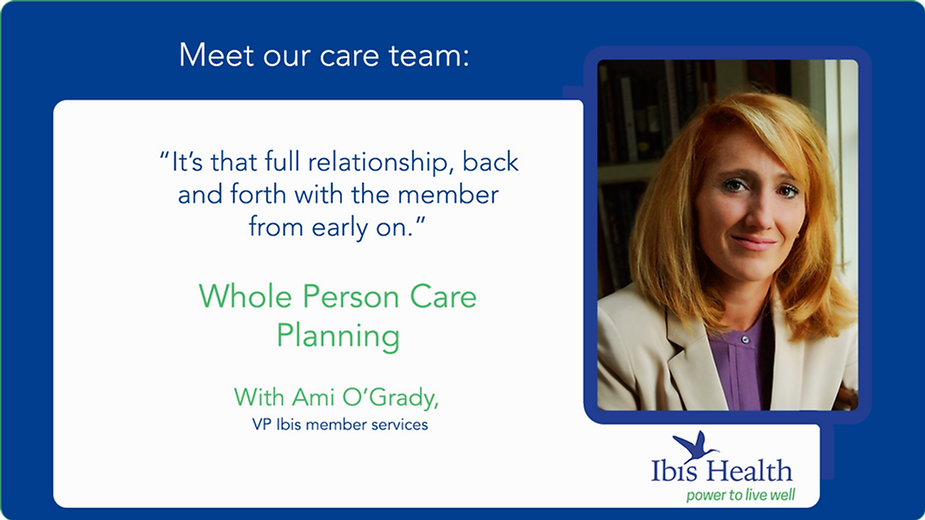Depression is different from just feeling sad or ‘blue’.
We all have days when we feel ‘down,’ low on energy, or just not quite ourselves. This could be due to a major life change, illness, or various personal struggles. After a while, most of us begin to bounce back, rediscovering joy and pleasure in life despite its challenges.
Depression, however, is different. It doesn’t go away on its own. You feel persistently ‘down’ or ‘blah,’ losing interest and pleasure in things you once enjoyed. If these feelings last longer than two weeks, it’s important to seek help. They may be signs of depression, a common and treatable medical condition.
We all have some days when we feel ‘down’ or ‘low energy’ or ‘just not ourselves’. This may be due to a big life change, illness, or problems that trouble us. After a time, we start to bounce back and find pleasure in life again despite its challenges. Depression is different. We don’t bounce back, feel mostly ‘down’ or ‘blah’, and lose interest and pleasure in living. If these feelings of low mood last more than 2 weeks, it’s time to ask for help. These may be signs of depression ─ a common medical condition.
Depression is:
- NOT a normal part of aging
- NOT the same thing as normal grief after loss
- NOT a sign of weakness or being ‘crazy’
Possible signs of depression
Different people have different signs of depression. If you or a loved one have several of these signs for more than 2 weeks, ask your doctor for help:
- Loss of interest or pleasure in hobbies or activities
- Frequent crying
- Feeling hopeless, worthless, or helpless
- Feeling worn out most of the time
Other signs might include:
- Sleep troubles – too much, too little, waking too early
- Eating more or less than usual, possibly gaining or losing weight
- Trouble thinking clearly and making decisions
- Headaches, pains, stomach problems that do not ease with treatment
- Thoughts of death or suicide
What causes depression?
Sometimes we can point to a cause for depression and sometimes not. Sometimes depression runs in families. Older adults who had depression when younger, are more at risk as they age. Sometimes too much stress or too much alcohol can lead to depression. And sometimes something happens in the brain.
Sometimes depression occurs with another illness.
Medical conditions such as diabetes, cancer, heart disease, and Parkinson’s disease or the medicines used to treat them may lead to depression. Watch for the signs. If some are present for more than 2 weeks, alert the doctor.
Treatments for depression
Adults with depression cannot just ‘snap out of it’. They cannot just will themselves to feel better. The good news is that treatment usually works, although it may take some time.
First line treatment. The doctor might first suggest some changes in health habits. For example, daily exercise such as walking has been shown to help relieve mild depression.
In addition, the doctor might suggest healthy foods, helpful sleep habits, doing things which create pleasure, and keeping in touch with with friends and family. Feeling lonely can add to feelings of
depression, even though it’s hard to reach out.
Talk therapy. Talking with a mental health specialist such as a social worker, psychologist, or counselor helps many adults get past depression. The doctor may be able to refer you to one of these specialists
who understand depression.
Medicines. Medicines called antidepressants (an tee dee PRESS ants) often help relieve the symptoms of depression. There are many different types, and must be prescribed by a doctor. It may take trying several antidepressants to find one that works well with few side effects.







